There were warnings. They came from the director of the FBI, James Comey, and the spokesman for the Islamic State, Abu Mohammad al-Adnani. Comey told a February meeting of the National Association of Attorneys General, “We have investigations of people in various stages of radicalizing in all 50 states.” Al-Adnani announced last month, “O mujahedeen everywhere rush and go to make Ramadan a month of disasters for the infidels.”
July 16 was the last day of Ramadan. On that day, a shooter attacked a military recruiting center and another U.S. military site in Chattanooga, Tenn., killing five. Information about Mohammad Youssef Abdulazeez and his motivation for his terrible actions is still being analyzed. But based on the targets, his social media profile, and his last texts before mobilizing to action, jihadist violence certainly seems to be a likely context to this event.
Could law enforcement and intelligence agencies have detected this particular individual before he turned to violence? And, more important, how do we defend against such attacks?
As the former director of intelligence analysis for the NYPD from 2007-2012, one of my top responsibilities was to do exactly that—detect and disrupt jihadist plots against New York before they could come to fruition. Finding lone actors, with no previous connections to terrorism, before they turned violent was one of the most difficult tasks our team of analysts and detectives had. But there are some actions that may increase the odds of identifying such people.
The most useful is probably the monitoring of social media. Trying to comprehensively monitor Twitter, YouTube, blogs, and Facebook is like trying to filter the ocean, but selective and focused observation of certain jihadist or pro-ISIS inclined sites, Twitter accounts and YouTube channels might provide an early warning or opportunity to identify an individual or individuals who has adopted the ideology promoted on these networks, and may suggest future action in furtherance of that ideology.
This is not a job for just any terrorism analyst or investigator. Those who observe these sites and social media channels must be savvy about language, references, and symbolism that provide the deeper insights about a person’s orientation and motivation. At the NYPD, we had a dedicated team of cyber analysts who could perform this capability and had the unique language skills to do so.
Another technique that a highly trained cyber intelligence and investigative team might include is adopting false identities and interacting with wannabe jihadists in the deep and dark Web in private forums or password-protected chat rooms. This would be a means to identify potential jihadists while they are still in the conspiratorial phase.
But sometimes, as in this case, there isn’t enough information. Initial reports are that Abdulazeez did not have much of a social media profile. Blog posts he made in recent weeks discussed philosophical issues about Islam and the meaning of life as well as the early times of Islam and the importance of jihad—content that would not have been decisive enough to trigger the opening of an investigation. Abdulazeez blogged last week that “life is short and bitter,” and Muslims should not miss an opportunity to “submit to Allah,” according SITE Intelligence Group, an organization that tracks extremist groups. In retrospect, this commentary is suggestive of an individual in turmoil who is looking to his religion for guidance during difficult times—not necessarily a terrorist.
A few days after the attack, many questions still remain about Abdulazeez: What motivated him? Was there a link to overseas terrorist organizations (either inspiration or command and control)? What was he trying to achieve with this dastardly attack? We’ll be sure to learn more in the coming days, which will hopefully add context and aid understanding of this event.
But for now, the events in Chattanooga are a puzzle half finished. The pieces we have look familiar, but we’re missing the pieces that will truly fill in the full picture of what to make of this latest American tragedy. Until then, we’ll have to be patient and struggle with the idea that this event may not have been preventable from a counterterrorism perspective.
Mitchell D. Silber is the executive managing director at K2 Intelligence, former director of intelligence analysis at the NYPD, and the author of The Al Qaeda Factor: Plots Against the West.
Read next: Everything We Know About the Chattanooga Gunman
Listen to the most important stories of the day
Witness the Outpouring of Grief After the Chattanooga Shooting
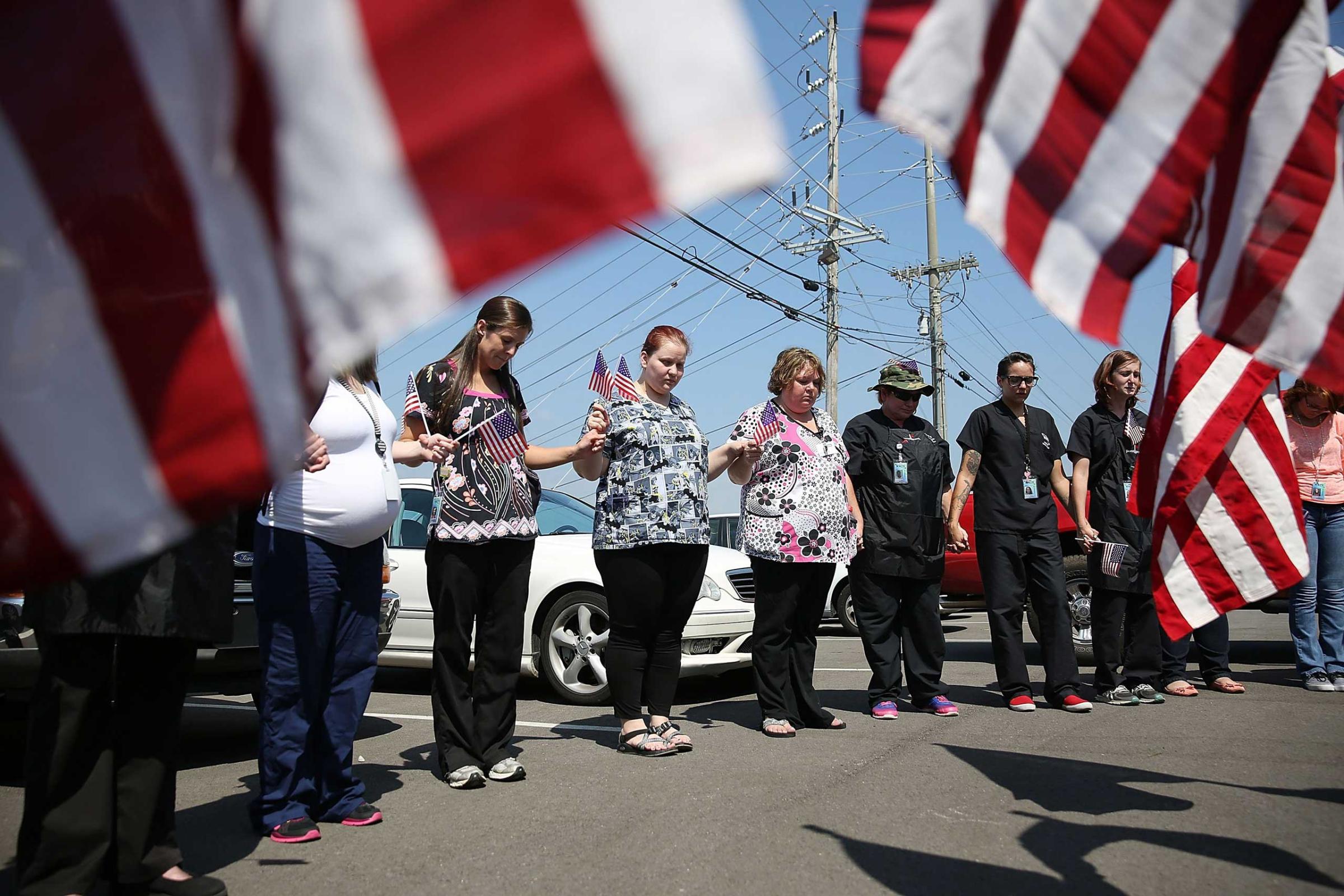

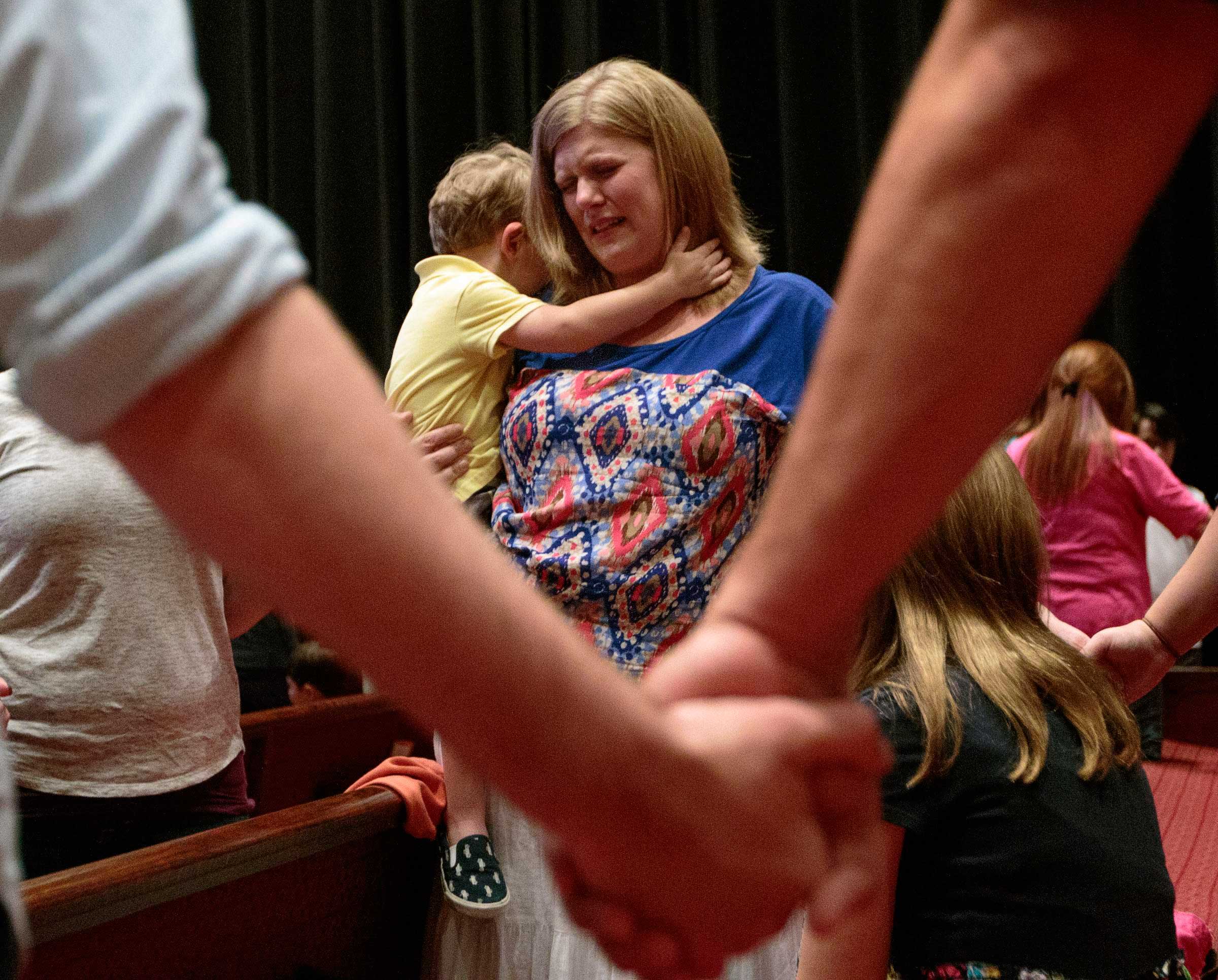
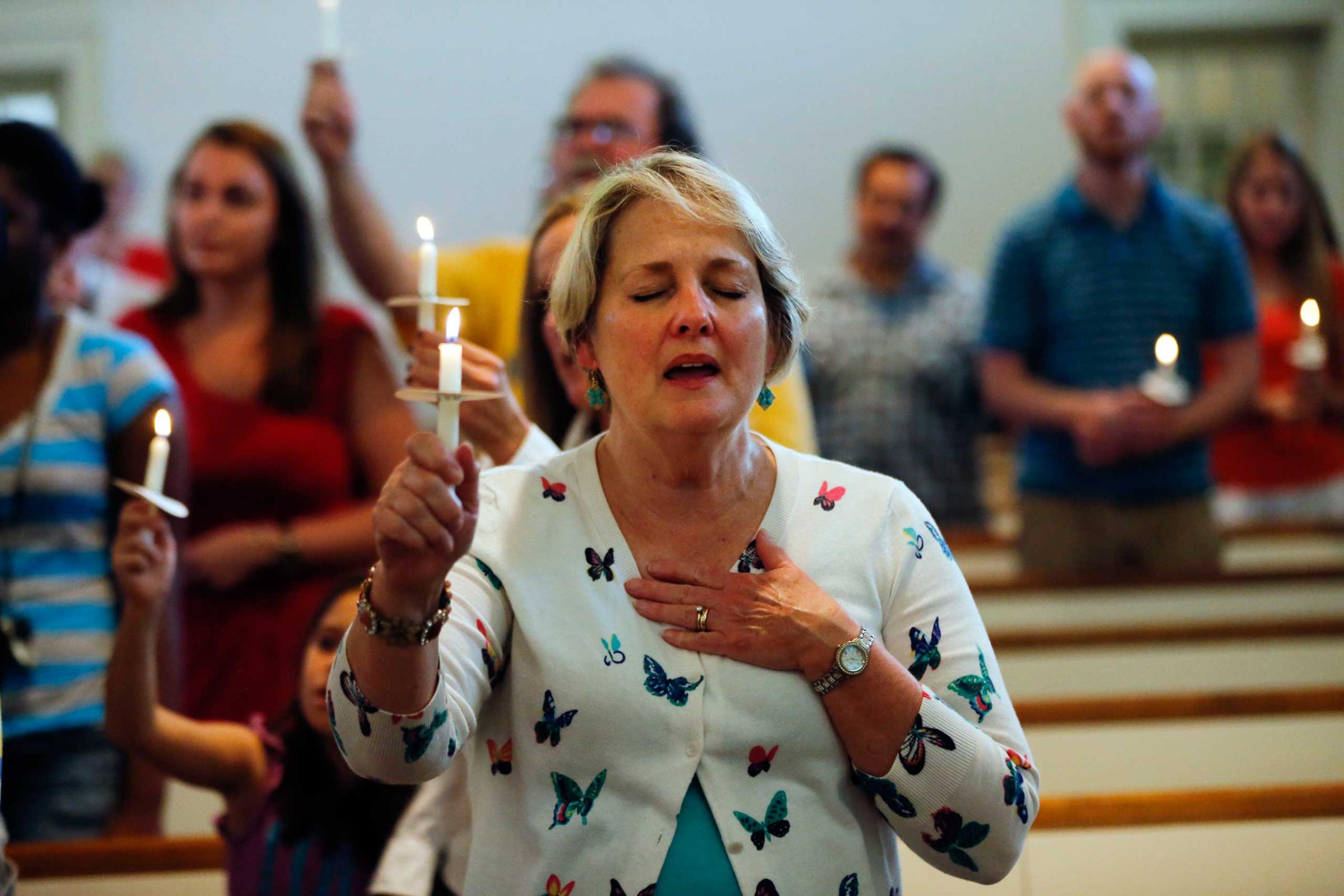
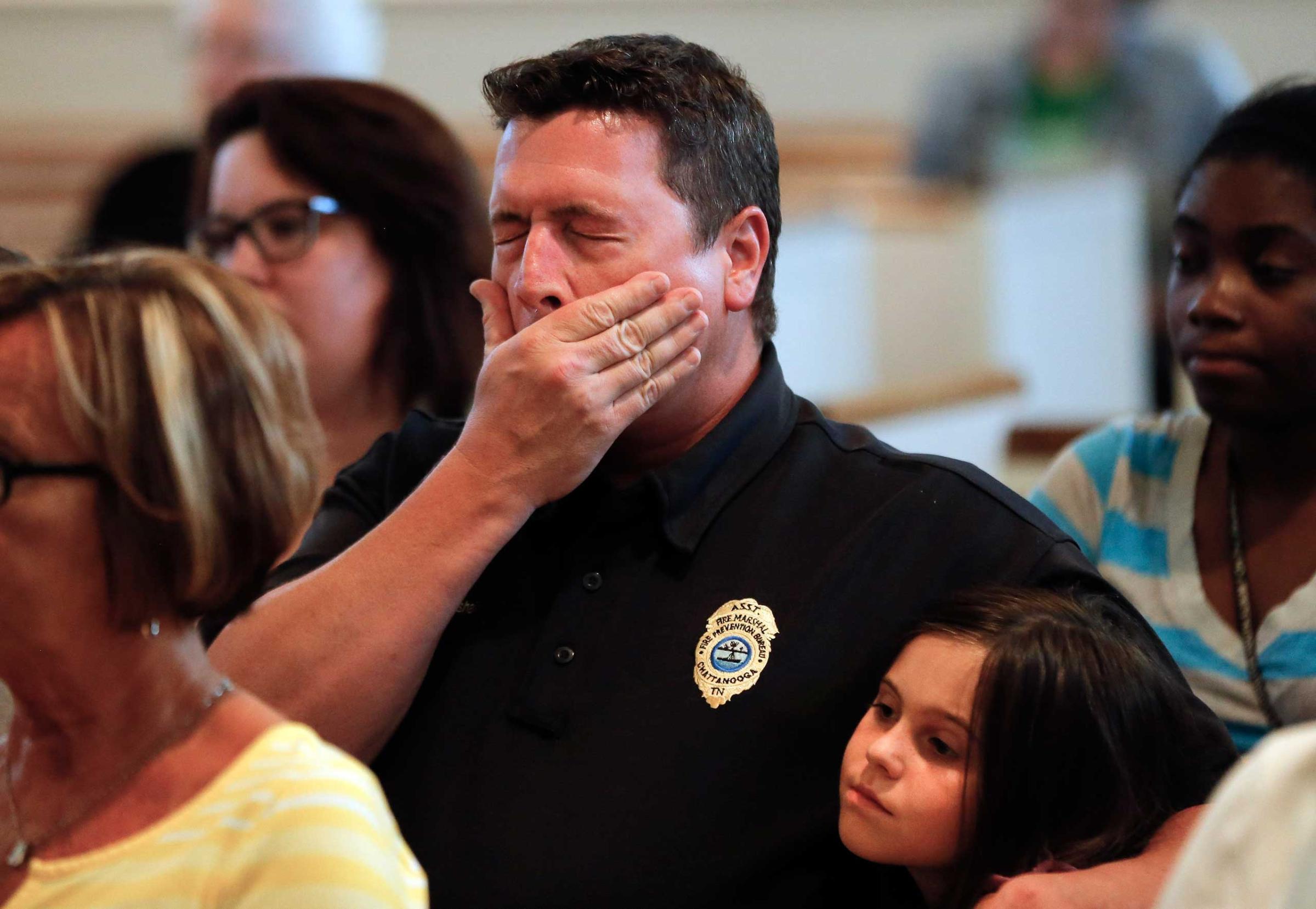
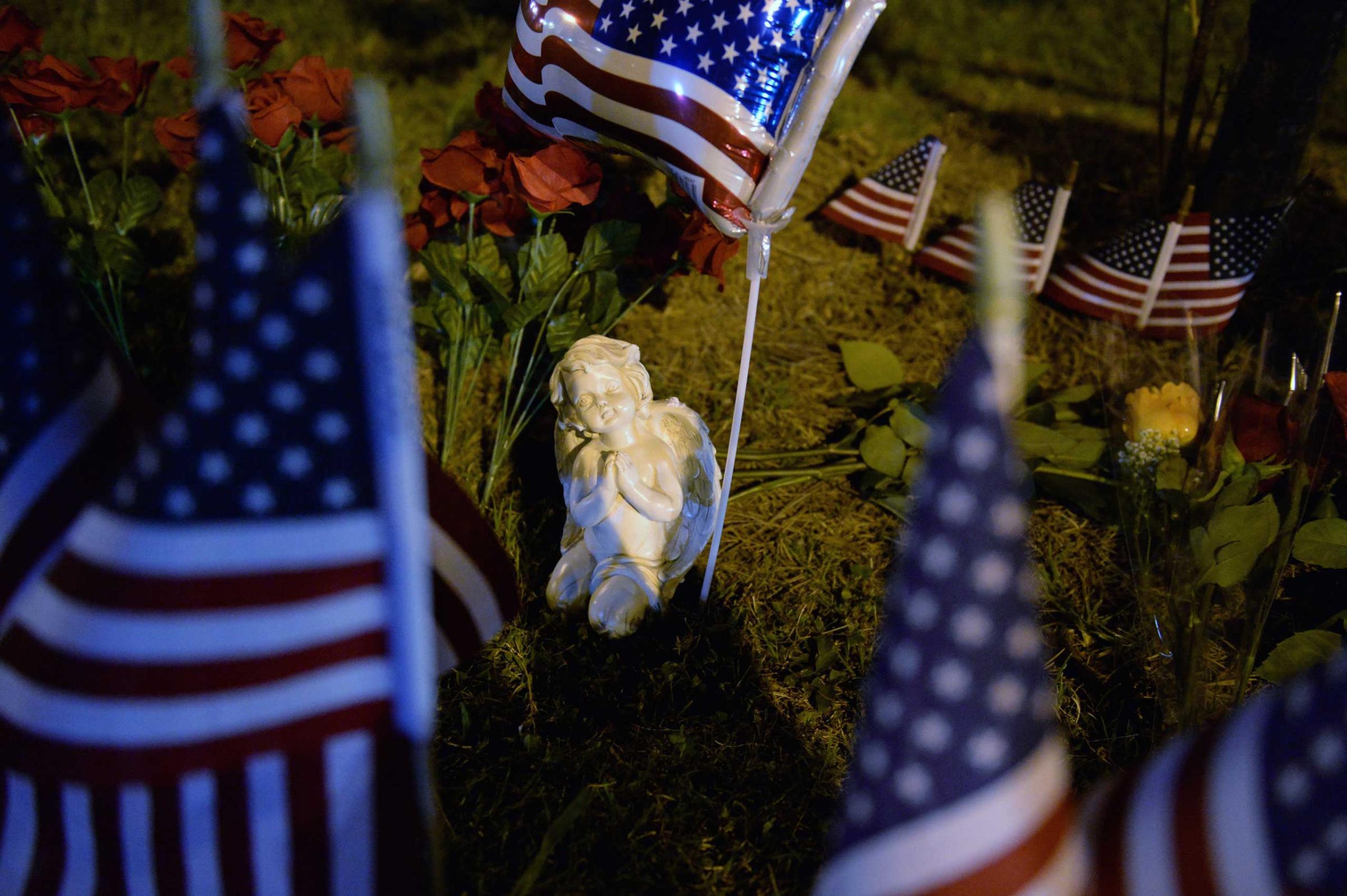
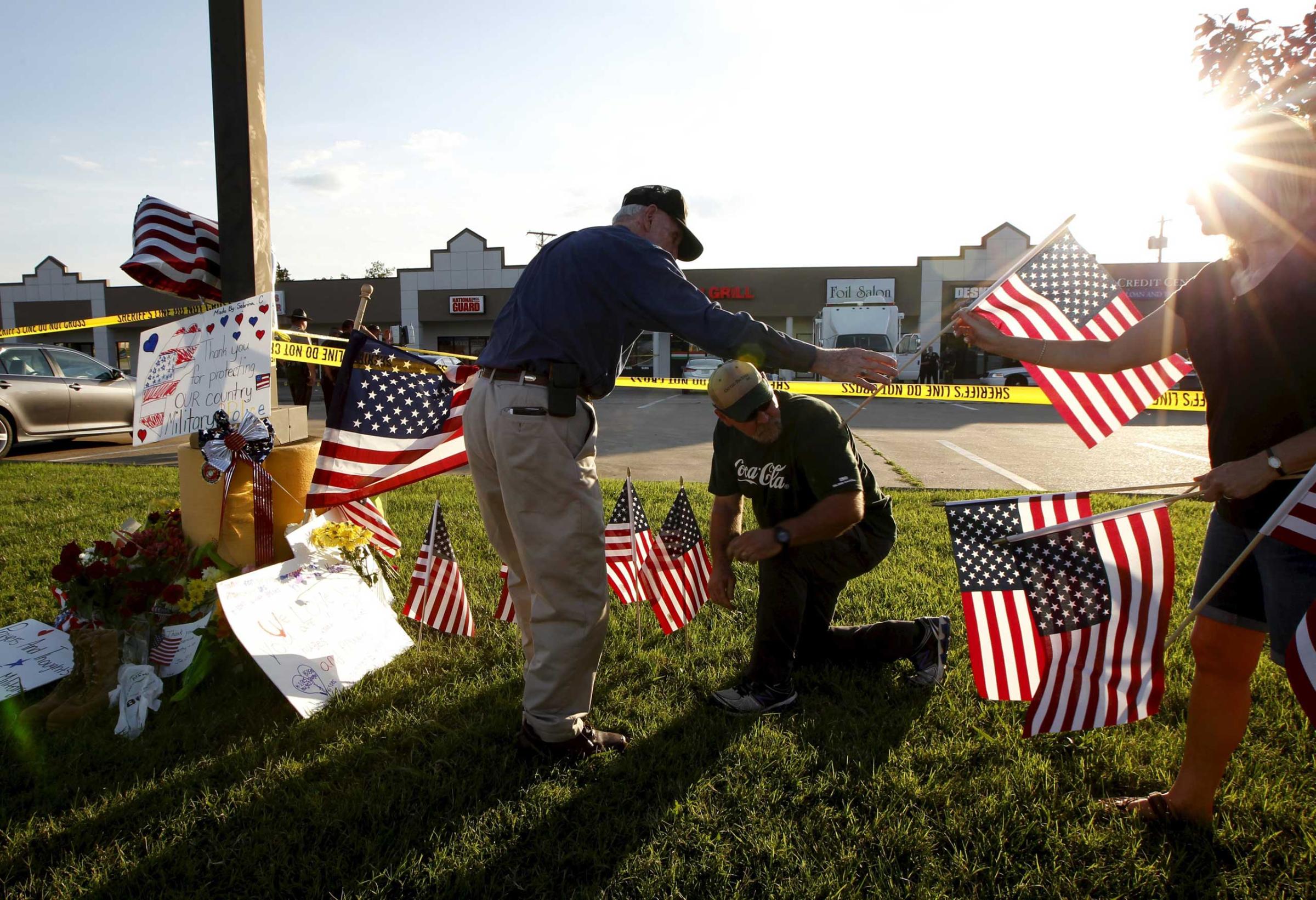
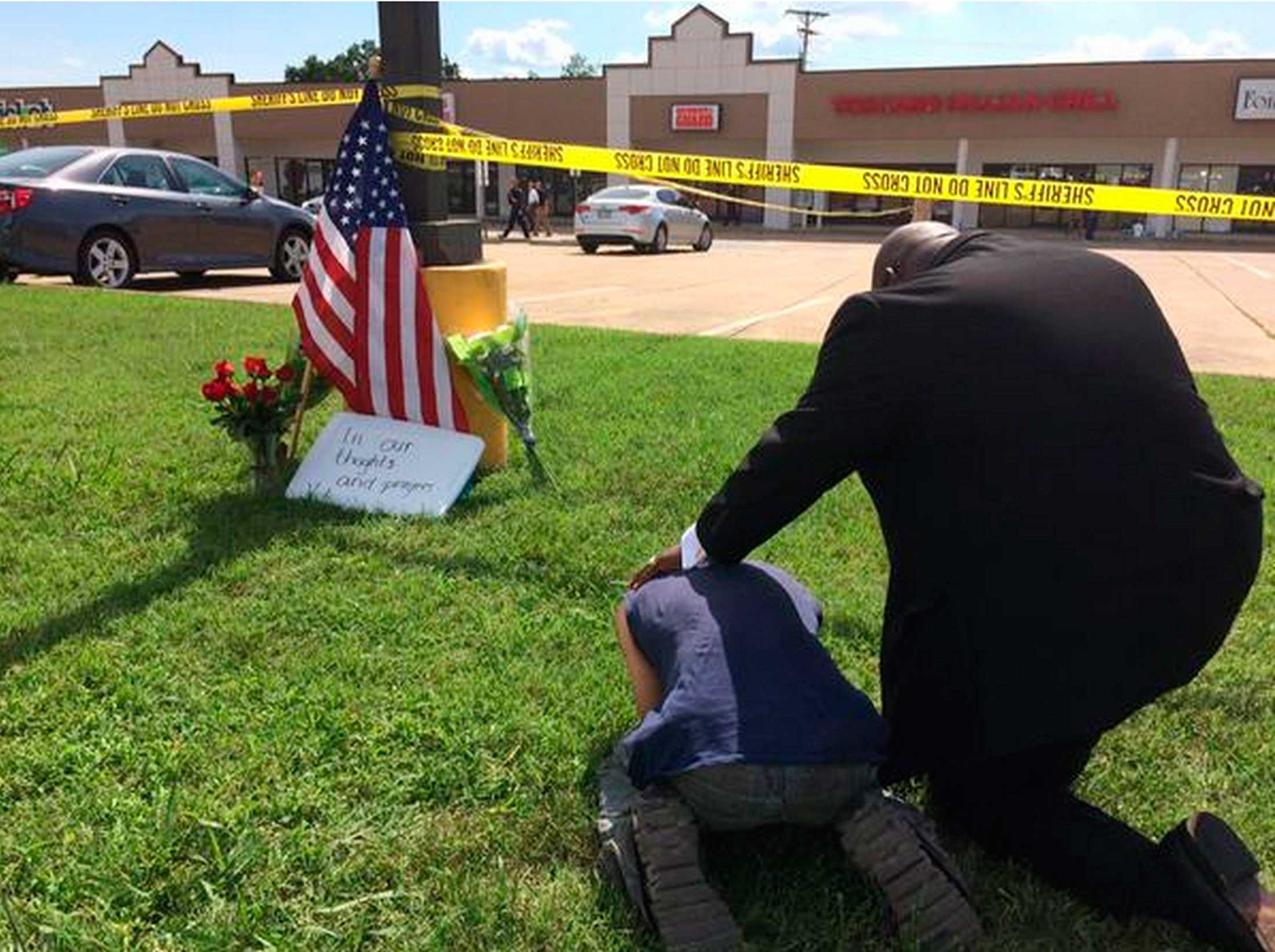
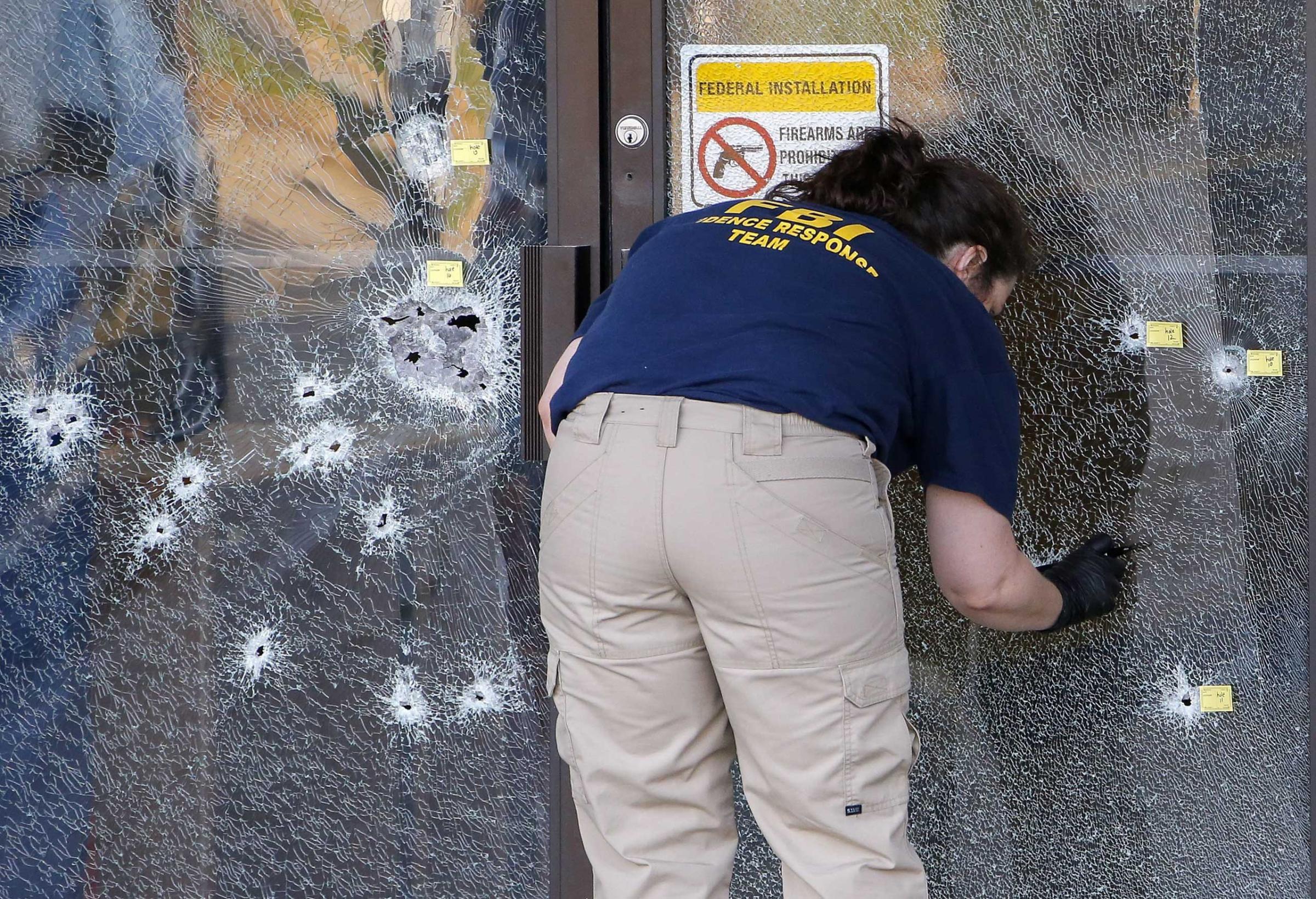
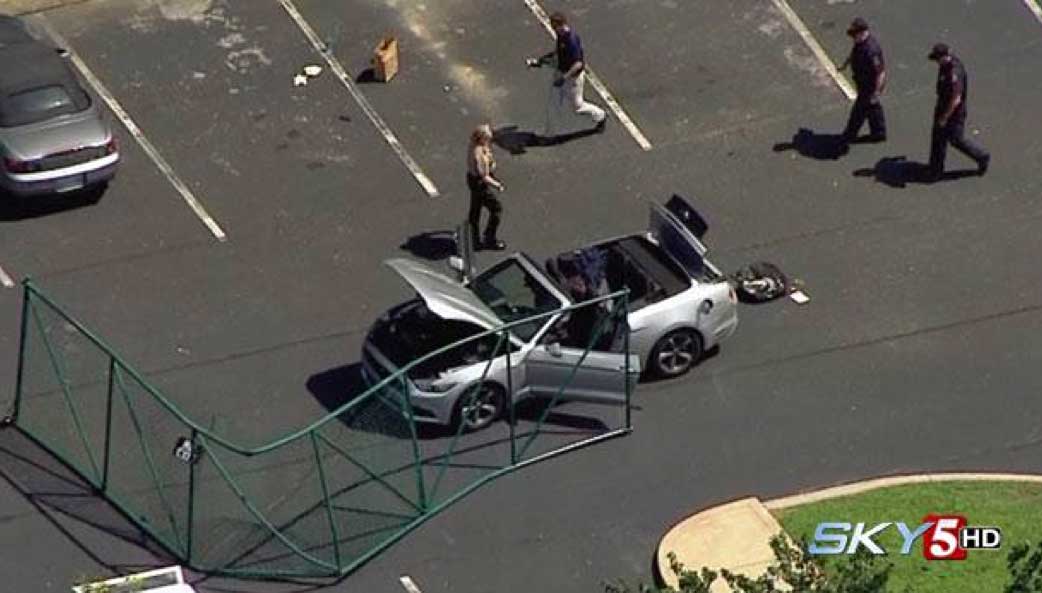
More Must-Reads from TIME
- Donald Trump Is TIME's 2024 Person of the Year
- Why We Chose Trump as Person of the Year
- Is Intermittent Fasting Good or Bad for You?
- The 100 Must-Read Books of 2024
- The 20 Best Christmas TV Episodes
- Column: If Optimism Feels Ridiculous Now, Try Hope
- The Future of Climate Action Is Trade Policy
- Merle Bombardieri Is Helping People Make the Baby Decision
Contact us at letters@time.com